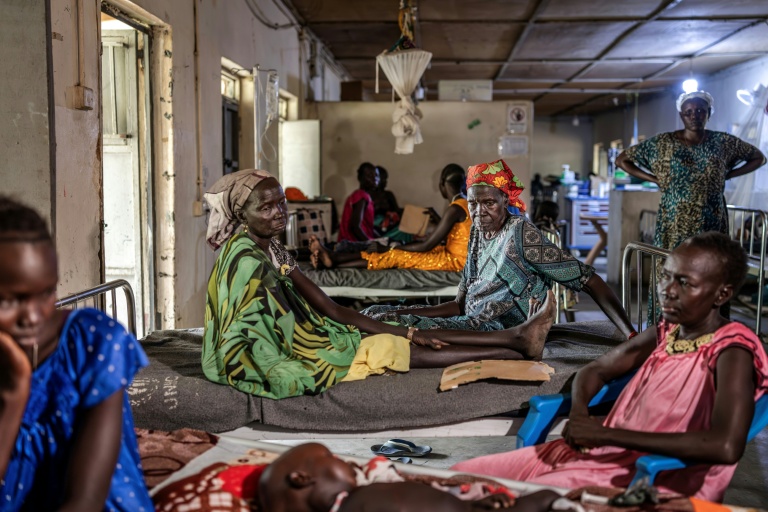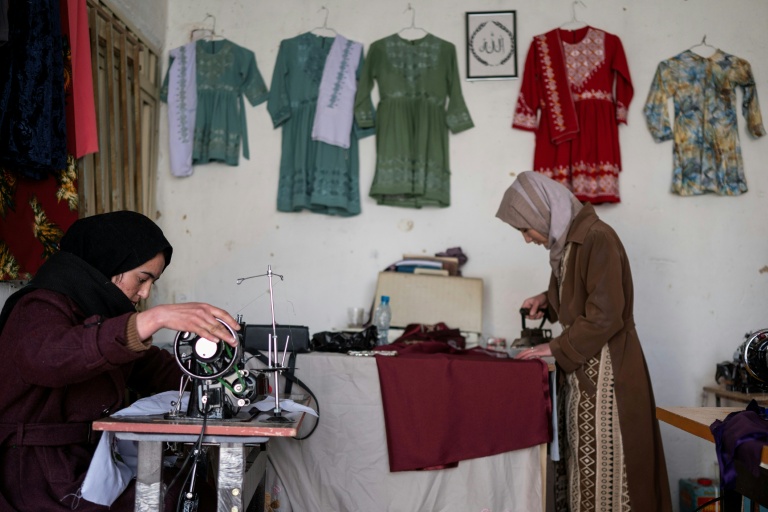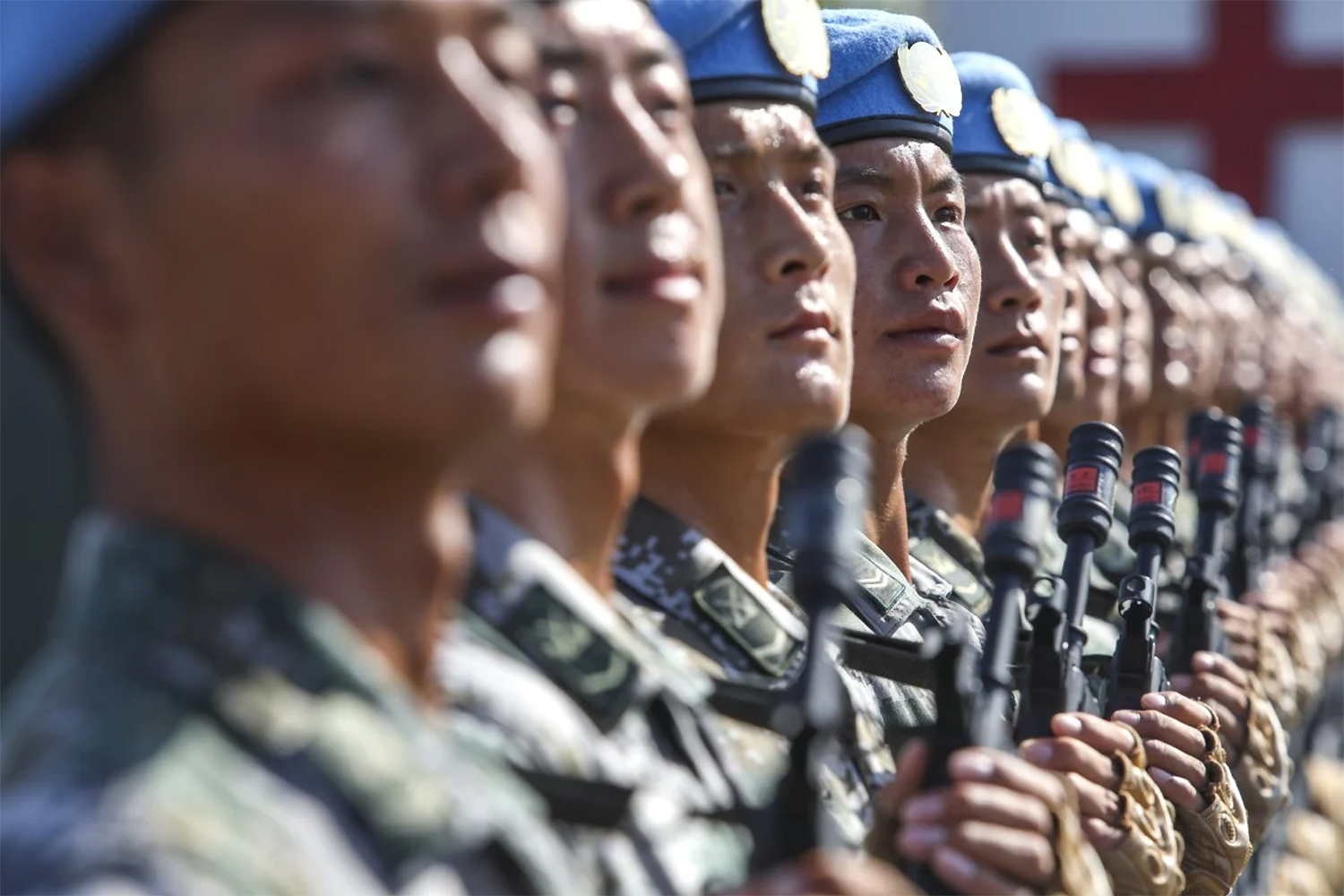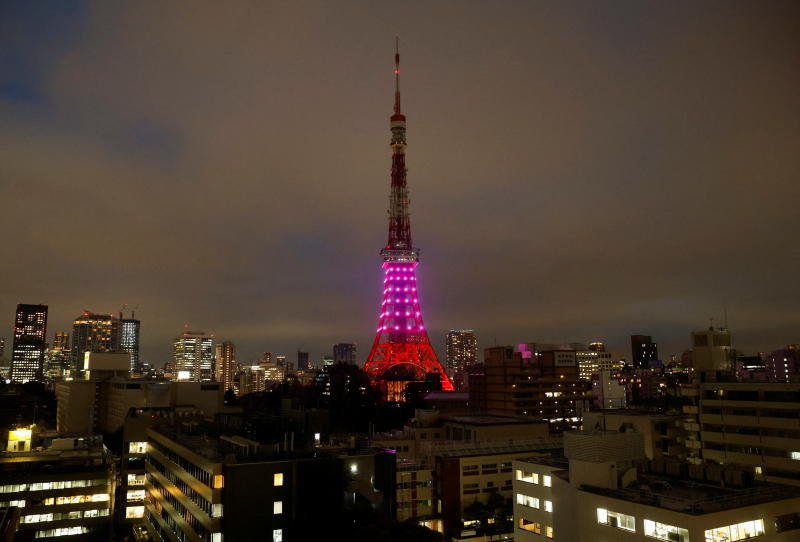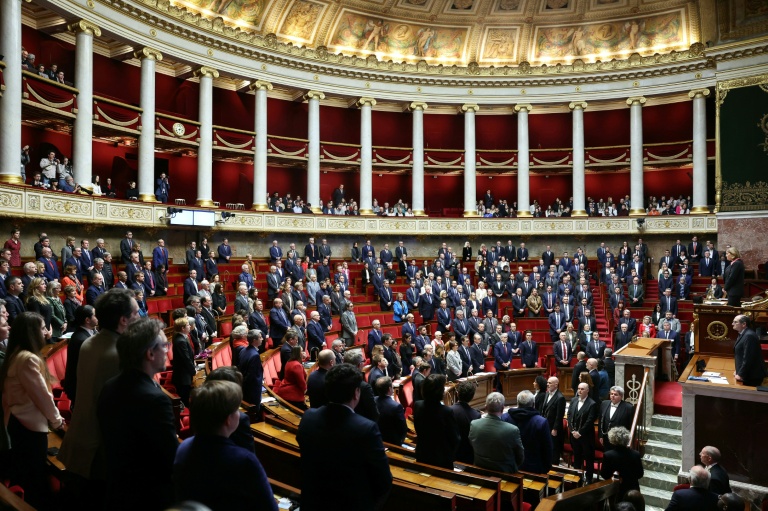Showing 71 - 80 of 10,000
Seoul probes civilians who flew drones into North Korea
Published on 18/02/2026
» SEOUL - South Korea’s Unification minister said on Wednesday that three civilians had sent drones into North Korea on four occasions since President Lee Jae Myung took office last year, harming inter-Korean ties.
Hungry, wounded, orphaned: South Sudan's children trapped in new conflict
AFP, Published on 18/02/2026
» AKOBO (SOUTH SUDAN) — An 18-month-old boy lies motionless on a dirty hospital bed deep in the conflict zone of South Sudan, a bullet wound in his leg -- another newly orphaned victim in the world's newest country.
Afghan woman's boutique brightens Bamiyan
AFP, Published on 18/02/2026
» BAMIYAN (AFGHANISTAN) - With women banned from most jobs in Afghanistan, an embroidery boutique run by 22-year-old Rahima Alavi is a surprising and treasured sight in Bamiyan.
Chinese military urged to overhaul English teaching
South China Morning Post, Published on 18/02/2026
» HONG KONG — The People's Liberation Army (PLA) has been urged to overhaul English language teaching at its military schools and recruit professionals to improve soldiers' communication skills on the international stage.
Overseas student cap raised at Japan universities to attract talent
Kyodo News, Published on 18/02/2026
» KYODO — Japan's education ministry will allow three universities to accept international students above their enrolment caps under its new exemption system to attract global talent amid intensifying global competition.
Google launches new feature to purge explicit images and personal data
Life, Puriward Sinthopnumchai, Published on 18/02/2026
» Google has unveiled a new feature allowing users to request the removal of non-consensual explicit images and sensitive personal information from search results more easily, as part of its latest privacy and safety push.
Racism allegations overshadow Real Madrid victory as PSG win in Champions League
AFP, Published on 18/02/2026
» PARIS (FRANCE) - Vinicius Junior scored and then alleged he had been racially abused during Real Madrid's 1-0 win away to Benfica in the first leg of their Champions League play-off tie on Tuesday, while Paris Saint-Germain came from two goals down to beat Monaco 3-2.
Stars ride tuk-tuk, soak up Thai culture
Sports, Published on 18/02/2026
» Chon Buri: Thai star Pajaree Anannarukarn joined Lydia Ko of New Zealand, He Muni of China, Yuri Yoshida of Japan, and Benedetta Moresco of Italy in a vibrant pre-tournament celebration of Thai culture yesterday, as the international stars traded fairways for tuk-tuks ahead of the 2026 Honda LPGA Thailand.
EU, CIB join forces to fight online fraud
News, Post Reporters, Published on 18/02/2026
» The Anti Cyber Scam Centre (ACSC) welcomed a delegation from the European Union at a meeting yesterday to expand cross-border investigative networks and enhance international cooperation against online crime.
France arrests nine over far-right activist's killing
AFP, Published on 18/02/2026
» LYON - French authorities on Tuesday arrested nine suspects over the killing last week of a far-right activist, including an assistant to a hard-left member of parliament, a prosecutor and an informed source said.





